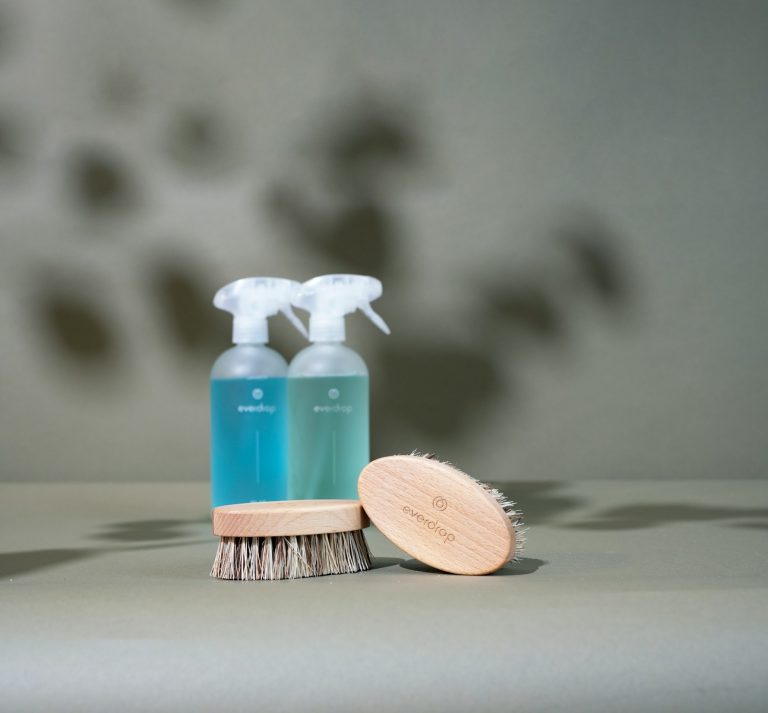Household cleaning products are used in the vast majority of homes across the United States, but their misuse or improper storage can pose significant health risks. While household cleaning products are essential for maintaining a clean and hygienic environment, it’s vital to always use them responsibly and safely to reduce the risk of harm to everyone in the household. If you or a loved one are harmed by a dangerous or defective cleaning product, a skilled personal injury attorney may be able to assist your family.
Story Stages
Bleach: A Powerful But Dangerous Cleaner
Bleach is a powerful disinfectant that can help you keep your home’s surfaces sparkling and clean, but it can also be incredibly dangerous if not used correctly. You should never mix bleach with other cleaning chemicals, such as vinegar or ammonia. Mixing chemicals with bleach can create toxic chlorine gas, which can cause chest pain, coughing, respiratory irritation, or even death.
Bleach should only be used in well-ventilated areas and you should avoid prolonged exposure to fumes. Do not get the chemical on your skin or in your eyes, as it can cause burns and irritation. Bleach should be diluted according to the product’s label, but it should never be mixed with other cleaning products.
Ammonia: A Reactive and Dangerous Substance
Ammonia is another common household cleaning agent that can be incredibly hazardous when used improperly. When combined with bleach, ammonia produces toxic chloramine gas. Under no circumstances should these two cleaners be combined.
Ammonia is a strong irritant to the eyes, nose, throat, and lungs. In some cases, it may even cause respiratory distress or burns. When using ammonia-based products for cleaning purposes, ensure there is adequate ventilation and try to avoid inhaling fumes.
Drain Cleaners: Powerful but Corrosive
Drain cleaners often contain lye or acid-based chemicals. This makes these solutions incredibly corrosive, meaning that they are likely to cause severe burns if they get on your skin or in your eyes. Drain cleaners should be used carefully and only as recommended on the label. When using drain cleaners, you should wear appropriate personal protective equipment (PPE). In most cases, protective gloves, goggles, and a mask will suffice to protect you from exposure to dangerous chemicals. Follow the instructions on the label carefully and do not mix drain cleaner with another product.
Disinfectants: Overuse and Toxicity Risks
Disinfectants play a vital role in maintaining a clean household. They effectively kill germs and help keep us healthy throughout the year. However, overuse of disinfectants can lead to significant health problems, such as respiratory irritation. Prolonged exposure to disinfectant fumes can even cause significant lung damage, especially if fumes build up in a poorly ventilated area of your home.
When using disinfectants, you should closely follow the label instructions and apply the substance only as directed. Avoid spraying disinfectants directly on surfaces where people or pets may come into contact. Check that the space you’re working in is adequately ventilated and wear PPE equipment as needed.
Laundry Detergents and Pods: A Choking Hazard
Laundry detergents, especially concentrated detergent pods, can pose a serious choking hazard. This is especially true for children and pets, who may not understand the risk of putting such items in their mouths. Pods are designed to dissolve in water, but they can cause severe internal burns and respiratory distress if ingested by mistake.
To keep children and pets safe, store laundry detergent pods and other cleaning supplies in a secure, hard-to-reach area of the home. Ideally, store these products in a locked cabinet or high shelf. If you believe that someone in your home has ingested a laundry detergent pod, seek assistance from your local poison control center right away.
Maintaining a Safe & Clean Household
Household cleaning products are critical to keeping your home clean and safe for its occupants. However, it’s crucial to use them safely and responsibly. By understanding some of the risks posed by commonly-used cleaning products, you can protect yourself and your loved ones from harm. Before using an unfamiliar product, be sure to read the label carefully, follow instructions closely, and use PPE to reduce risk of exposure as needed.
